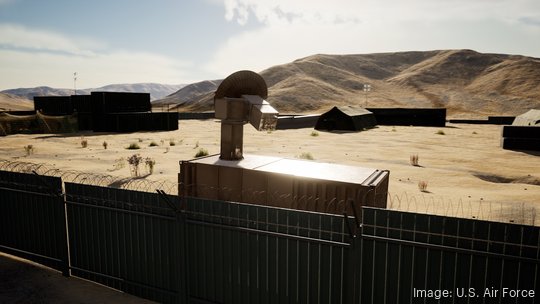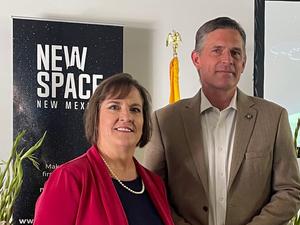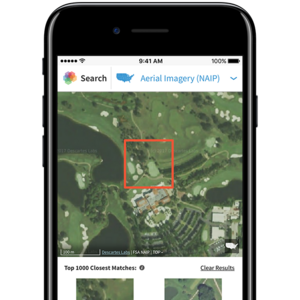
The Air Force Research Laboratory in Albuquerque is seeking directed energy companies to help build what it calls a "drone hammer."
The technology will be used to defend against unmanned aerial vehicles, or drones. The instrument will utilize technology previously used for an instrument called the Tactical High-Power Operational Responder — or THOR — which uses bursts of "intense radio waves" to disable small drones quickly, according to a release from Kirtland Air Force Base in Albuquerque.
The new prototype will use the same technology but is being designed to be more capable and reliable.
"We are releasing an opportunity for businesses in the directed energy field, to help us build the follow on system," said Adrian Lucero, a program manager for the THOR project, in a prepared statement. ”AFRL’s goal is to create a blueprint for our partners so these systems can be economically produced in large quantities, and to grow a fledgling industry."
The program is set to begin in the fall with a prototype weapon being delivered in 2023. A request for proposal for firms interested in working with the AFRL to develop the prototype is available on SAM.gov.
The AFRL has made a concerted effort locally to increase its work with private companies. Securing government contracts is big business in Albuquerque, with major engineering firms such as Northrop Grumman and others smaller companies present. In addition to the Air Force, Sandia National Laboratories and Los Alamos National Laboratory are two major sources of government contracts in New Mexico.
Since 2019, the Air Force has supported at least two startup accelerators with other local organizations. The latest, called the Soft Landing Space Tech Cohort, begins in October at the Q Station in Nob Hill, which will provide entrepreneurs with inroads to leadership at the U.S. Space Command.
Q Station is designed to allow aerospace, directed energy and related tech companies to work with government entities and private industry. The New Mexico Trade Alliance is Q Station's manager and is funding its programming with a $750,000 SPRINT grant from the U.S. Economic Development Administration.









